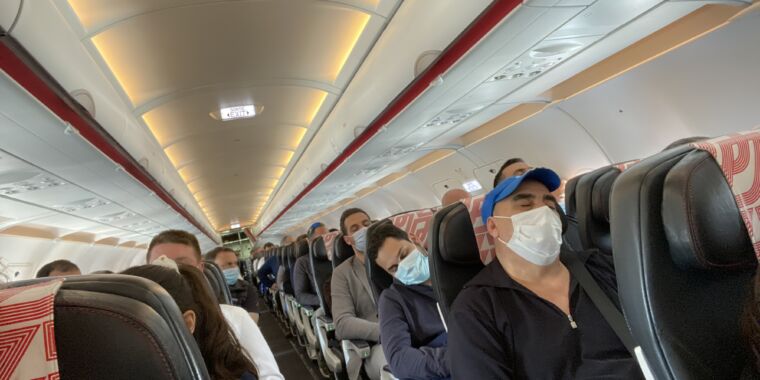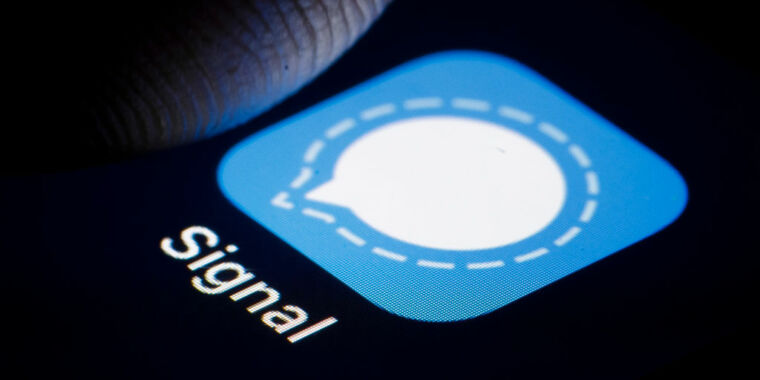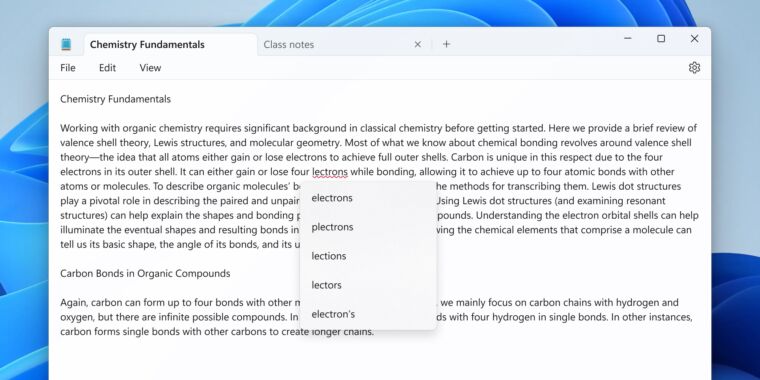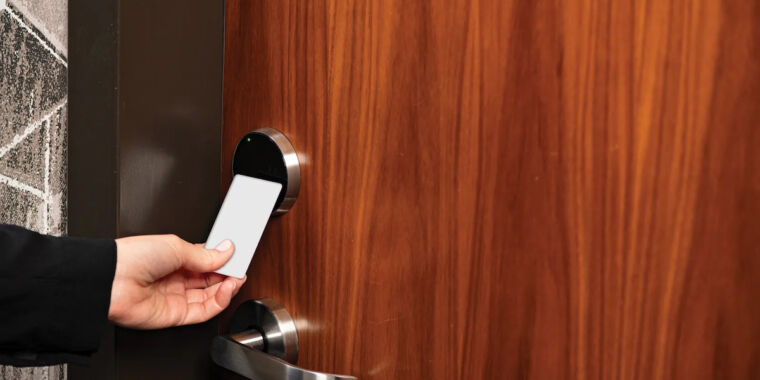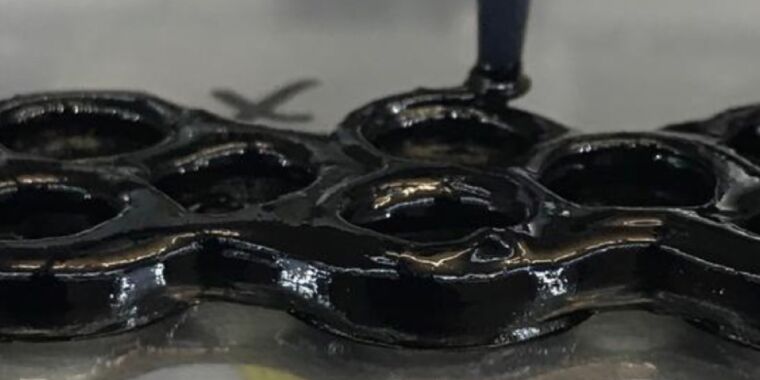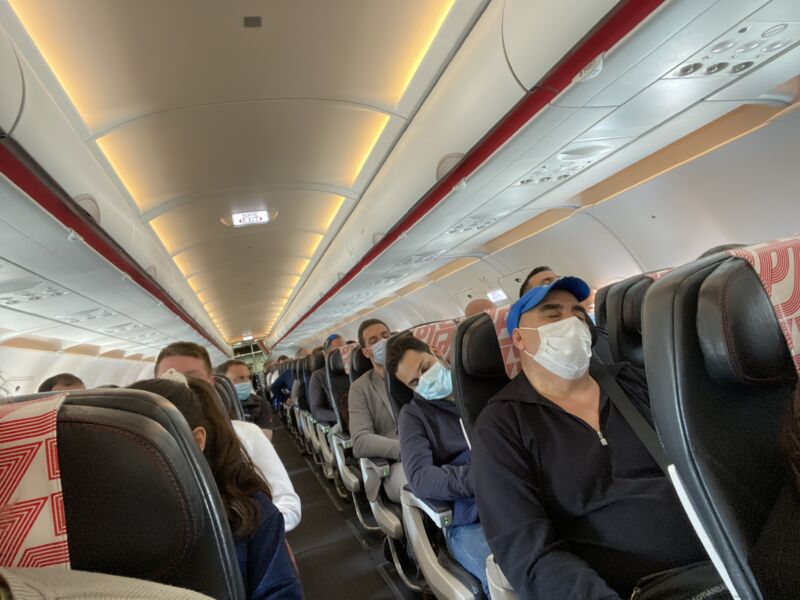
In a small trial, aircraft wastewater proved easy and useful for monitoring the SARS-CoV-2 variants touching down in the US, the Centers for Disease Control and Prevention reported Thursday.
The study found that the testing could be done cheaply and easily; it only added about three extra minutes to aircraft maintenance times at airports and didn’t require hassling passengers with nose swabs or other sampling methods. Moreover, the testing could be easily scaled up as needed as the world largely abandons other SARS-CoV-2 testing and monitoring strategies, the CDC authors concluded.
“This investigation demonstrated the feasibility of aircraft wastewater surveillance as a low-resource approach compared with individual testing to monitor SARS-CoV-2 variants without direct traveler involvement or disruption to airport operations,” the authors concluded.
The CDC conducted the study in collaboration with biotech company Ginkgo Bioworks. Together, they collected and tested wastewater samples from 80 flights into New York City’s John F. Kennedy International Airport between August 1 and September 9, 2022. All the flights were international, originating from the United Kingdom, the Netherlands, and France.
Overall, 65 airborne sewage samples from 80 flights (81 percent) were positive for SARS-CoV-2. The rate of positive samples was the same among the three countries: the Netherlands samples were 81 percent positive, with 22 of 27 samples positive; so was France, with 22 of 27 samples positive; as was the United Kingdom, with 21 of 26 samples positive.
The researchers were able to get 27 genome sequences from 25 of the samples. All of the genomes revealed omicron sublineages, mostly BA.5 as well as BA.4.6 and BA.2.75.
The study adds to other evidence that airport and aircraft wastewater surveillance can play a role in monitoring the spread of pathogens, such as SARS-CoV-2. And it dovetails into larger pandemic-era efforts by the CDC to blend wastewater sampling into its pathogen surveillance systems.
This has proven useful in various places around the country for monitoring early surges of COVID-19 as well as tracking the spread of polio in New York. In the case of SARS-CoV-2, viral shedding in feces can begin very early in an infection, potentially before a person has symptoms.
There are limitations to the aircraft surveillance, of course. It will be mostly helpful for longer flights, where people are more likely to use the lavatory. And it’s unclear if all airlines will agree to the sampling. Last, because international travelers can have various connecting flights before arriving in the US, it might not be possible to track the origin of variants that arrive in the US.
Still, the authors say the surveillance has its place. “In combination with traveler-based surveillance, aircraft wastewater monitoring can provide a complementary early warning system for the detection of SARS-CoV-2 variants and other pathogens of public health concern.”

